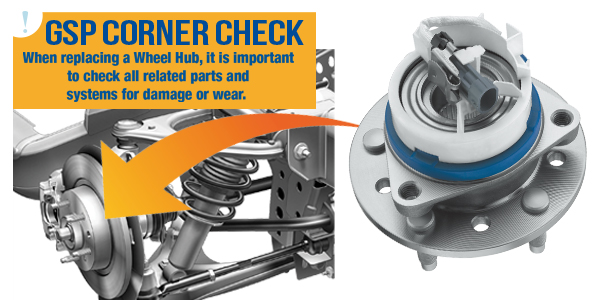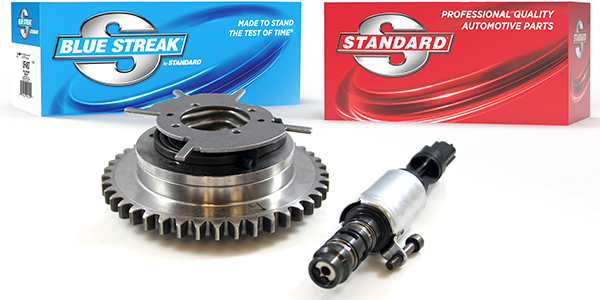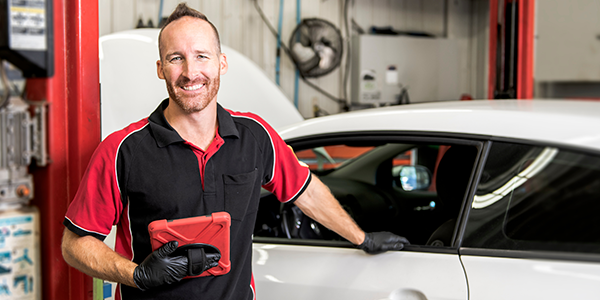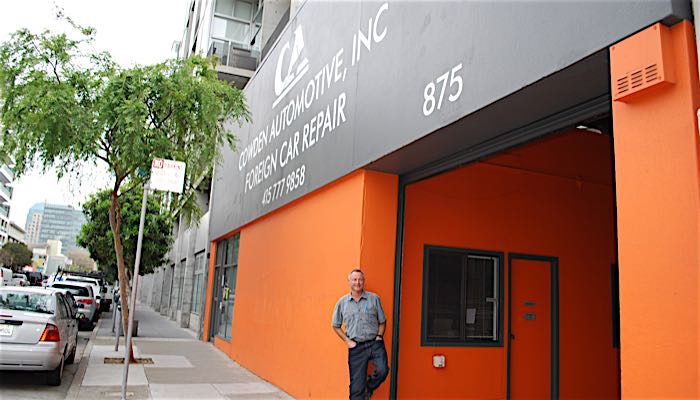Recently, the U.S. Environmental Protection Agency (EPA) modified the hazardous waste management regulations under the Resource Conservation and Recovery Act (RCRA) to exclude solvent-contaminated wipes from the EPA’s hazardous waste regulations, under condition that businesses clean or dispose of wipes properly. This comes as EPA’s final risk analysis, published in 2009, concluded wipes possessing certain hazardous solvents do not pose significant risk to human health and the environment if properly managed. The EPA noted that wipes are used in conjunction with solvents for cleaning and other purposes by tens of thousands of facilities in numerous industry sectors including automobile repair shops.
According to Mathy Stanislaus, assistant administrator for the EPA’s Office of Solid Waste and Emergency Response:
“Today’s rule uses the latest science to provide a regulatory framework for managing solvent-contaminated wipes that is appropriate to the level of risk posed by these materials … I’ve heard directly from stakeholders about the benefits of this rule and the need to finalize it. The rule reduces costs for thousands of businesses, many of which are small businesses, while maintaining protection of human health and the environment.”
This ruling excludes only wipes that are contaminated with solvents listed as hazardous wastes under RCRA that are properly cleaned or disposed of. To be excluded, solvent-contaminated wipes must be managed in closed, labeled containers and cannot contain free liquids when sent for cleaning or disposal. Additionally, facilities that generate solvent-contaminated wipes must comply with certain recordkeeping requirements and may not accumulate wipes for longer than 180 days.
The EPA first proposed modified regulations for solvent-contaminated wipes Nov. 20, 2003, and published a revised risk assessment for public comment Oct. 27, 2009.
Once the final ruling has been published, it will be accessible through ASA’s legislative website, www.TakingTheHill.com.
The Automotive Service Association is the largest not-for-profit trade association of its kind dedicated to and governed by independent automotive service and repair professionals. ASA serves an international membership base that includes numerous affiliate, state and chapter groups from both the mechanical and collision repair segments of the automotive service industry.
ASA advances professionalism and excellence in the automotive repair industry through education, representation and member services. For additional information about ASA, including past news releases, go to www.ASAshop.org, or visit ASA’s legislative website at www.TakingTheHill.com.





